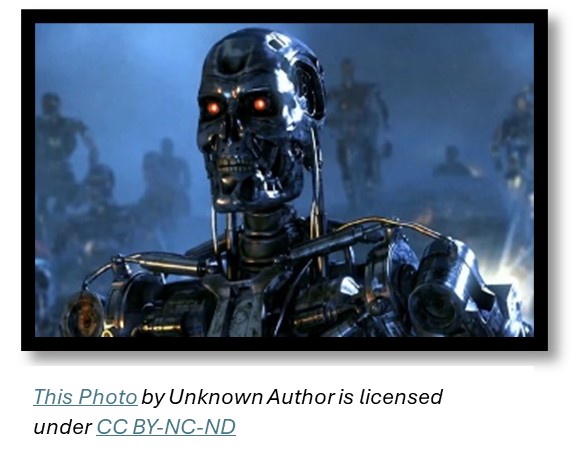
As conversations about Artificial Intelligence (AI) became ubiquitous with the launch of ChatGPT in November 2022, my mind immediately recalled the film franchise, Terminator. The movies are centered on a dystopian future where machines, in becoming self-aware, formulate a plan to wipe out humanity. As this recall suggests, my immediate reaction to ChatGPT was one characterized by anxiety and apprehension. First, existentially, what implications will this have for the human community? But also, as an educator, what will be the ramifications in classroom instruction and learning? It is this latter question which I want to explore and offer some thoughts on approaching AI in theological education.
Uncritical Uses of AI
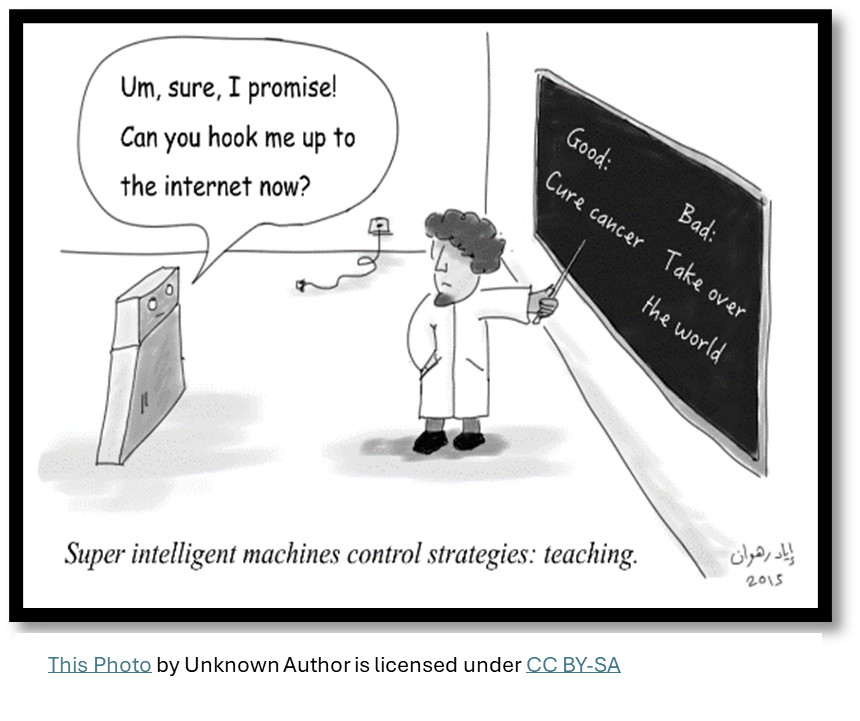
An uncritical use of AI runs the risk of potentially diminishing integral learning skills, distorting reality, and dehumanizing education. For example, a reliance on Word processing tools that utilize AI to rewrite a user’s work, along with the use of generative AI outputs to create digital imagery and videos can lead to a loss in writing, reading, and thinking skills essential for learning and academic research. Additionally, reliance on AI tools contributes to a culture where learners are less engaged in the course and see little value in the study of writing and language as machines mimic these skills.
Another concern is that AI algorithms are not flawless. They prioritize certain perspectives over others and produce inaccuracies in their analysis as they analyze texts and key themes with limited nuance understanding of historical and cultural contexts. Consequently, an uncritical reading of the data results can distort reality for its users. Likewise, AI does not give credit to its sources and engaging AI in the classroom requires significant changes in teaching methods that demanded time and training for educators, often without compensation for their labor. These practices can in turn dehumanize education.
Intentional Use of AI
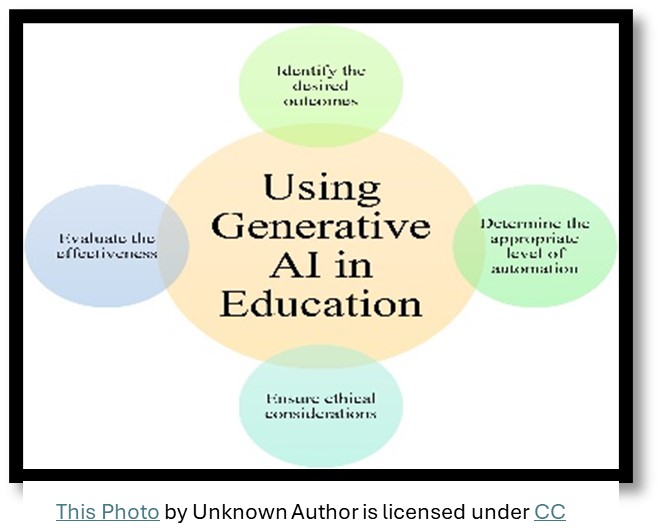
Despite my initial anxiety and apprehension, I have realized that engaging AI is more productive than ignoring it. AI will not go away. Hence, it is better to engage in critical and intentional pedagogical practices that can hopefully mitigate the concerns raised by AI. This requires planning in the front end. When developing course syllabi, one is to consider how to utilize AI in the learning activities and assessments that (1) nudge learners from a dependency on AI and (2) calls learners to think critically about how they are using AI in their learning and lived experience.
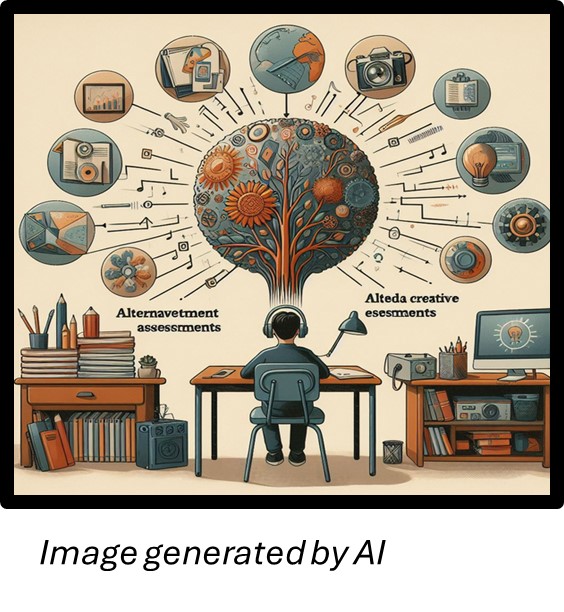
To illustrate, summative assessments could solicit learners to engage their context or a particular scenario. The planning for such situational assessments would be served best by including the consideration of the place of AI to assist learners in their preparation to complete assignments; as well as the creation of steps and activities where AI would not be helpful or not allowed to be used, i.e., when speaking of the application and implications of class learning to their context. This planning could also include developing scaffolding (formative) assessments that offer learners practice and feedback on class learning that can guide learners in completing their summative assessment. The hope is that this instructional design can increase learner buy-in for the summative assessment, minimize learner anxiety towards the assignment, and lead to less reliance on AI to produce the work. Additionally, such planning can assist in creating essays/discussion prompts and exam questions that, in identifying concrete concepts from class learning to consider in the response, could make it easier to detect content created by AI.
Where there is Sin, Grace Abounds

In closing, if our role as educators is to lead learners out towards human flourishing, for themselves and others, then are we not called to factor in AI in our courses? To employ and promote discourse of AI in ways that can form and inform learners to use AI in humanizing ways in our academic disciplines? And to do so, grounded in God’s promise that where there is sin, grace abounds that much more (Rom 5:20).
The Office of Digital learning also hosted a webinar with faculty to discuss these options, and you can view that here.
For Further Research:
National Center for Biotechnology Information (NCBI)
Artificial intelligence in education: Addressing ethical challenges in K-12 settings
Office of Educational Technology, Department of Education of the United States
Advancing Digital Equity for All
Artificial Intelligence and the Future of Teaching and Learning
United Nations Educational, Scientific, and Cultural Organization (UNESCO)
Education in the age of artificial intelligence
The challenges and opportunities of Artificial Intelligence in education
Other Articles Artificial Intelligence in education: The Three Paradigms

